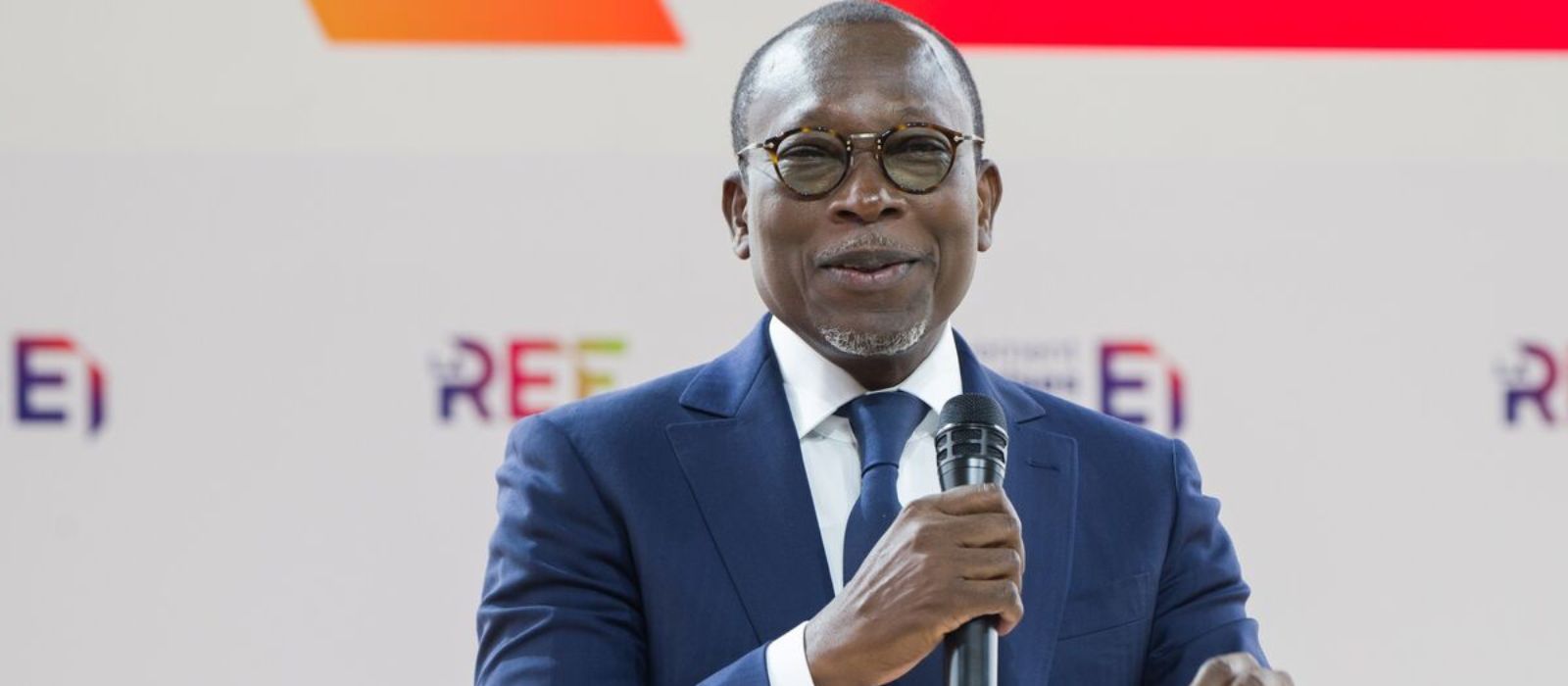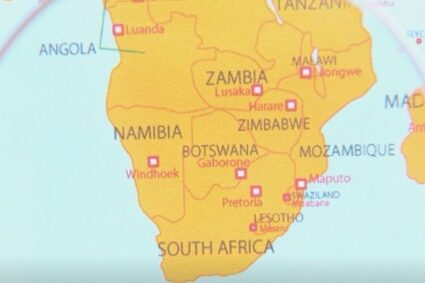
Benin is positioning itself as a leader in Africa’s sovereign debt markets with its planned issuance of the continent’s first eurobond of 2025. This strategic move aims to secure external financing while taking advantage of favourable market conditions and strong investor demand for African debt instruments.
To facilitate the process, Benin has engaged financial heavyweights Citigroup Inc., J.P. Morgan Chase & Co., and Société Générale SA to coordinate investor meetings starting 8 January. These meetings are a combination of virtual sessions and in-person gatherings in London, reflecting the importance of global investor engagement.
The eurobond is expected to be a benchmark-sized issuance with a maturity period of 16 years and a 15-year weighted average life. Coming almost a year after its last dollar bond sale, Benin’s latest foray into the international debt market underscores its commitment to diversifying funding sources amidst solid investor confidence in emerging markets.
Ousseynou Diagne, head of Africa debt capital markets for Société Générale, highlighted the rationale behind this timing: “The government is leveraging positive market conditions to diversify its funding sources. This move reflects robust investor appetite for emerging markets, particularly African issuers.” This issuance coincides with a surge in emerging-market bond activity, as developing nations issued a record $26 billion worth of sovereign bonds in the first week of the year.
Benin’s government bond is projected to yield around 8%, based on market estimates. Analysts noted that the country’s 2038 dollar bonds were trading at 8.76% as of 10 January in New York, underscoring the competitiveness of the proposed eurobond yield.
However, external financing dependency remains a concern for Benin. According to Mark Bohlund, a senior analyst at REDD Intelligence, “The government has identified its reliance on external funding as a vulnerability. Political instability in neighbouring Niger and domestic tensions linked to President Patrice Talon’s leadership ahead of the 2026 elections add urgency to the bond issuance.”
Benin’s upcoming presidential elections in 2026 mark a pivotal moment in the country’s political landscape. President Patrice Talon, who initially pledged to serve a single five-year term, reversed course to secure a second term in 2021 amidst opposition boycotts. His expected departure next year adds a layer of uncertainty to the country’s political and economic trajectory.
In addition to political dynamics, Benin is grappling with security challenges. The nation has witnessed a spillover of militant activities from an Islamist insurgency in Niger, prompting increased military cooperation with the United States. This collaboration has included direct assistance to bolster security in Benin’s northern regions.
On a brighter note, Benin’s fiscal management has garnered international recognition. In October 2024, S&P upgraded its outlook on the country’s long-term foreign-currency debt from stable to positive. This came on the heels of a staff-level agreement with the International Monetary Fund (IMF), enabling access to up to $95 million in financing. The government’s ability to tap both concessional and commercial financing has been noted as a key strength.
The eurobond issue is complemented by a €250 million capped tender for Benin’s 4.875% euro-denominated bonds due 2032. This repurchase is supported by a commercial bank loan, reflecting a strategic approach to liability management.
With this eurobond issuance, Benin aims to solidify its position in the global debt market while addressing immediate fiscal needs. Its ability to navigate political, economic, and security challenges will be critical to sustaining investor confidence and ensuring long-term stability.
Disclaimer: The views and opinions expressed in this article are those of the author and do not necessarily reflect the official policy or position of My Afrika Magazine. All content provided is for informational purposes only and should not be construed as professional advice. My Afrika Magazine makes no representations regarding the accuracy, completeness, or reliability of the information contained in this article. Readers are encouraged to independently verify any facts presented. My Afrika Magazine assumes no liability for any losses, damages, or other consequences that may arise from reliance on the information provided in this article.


